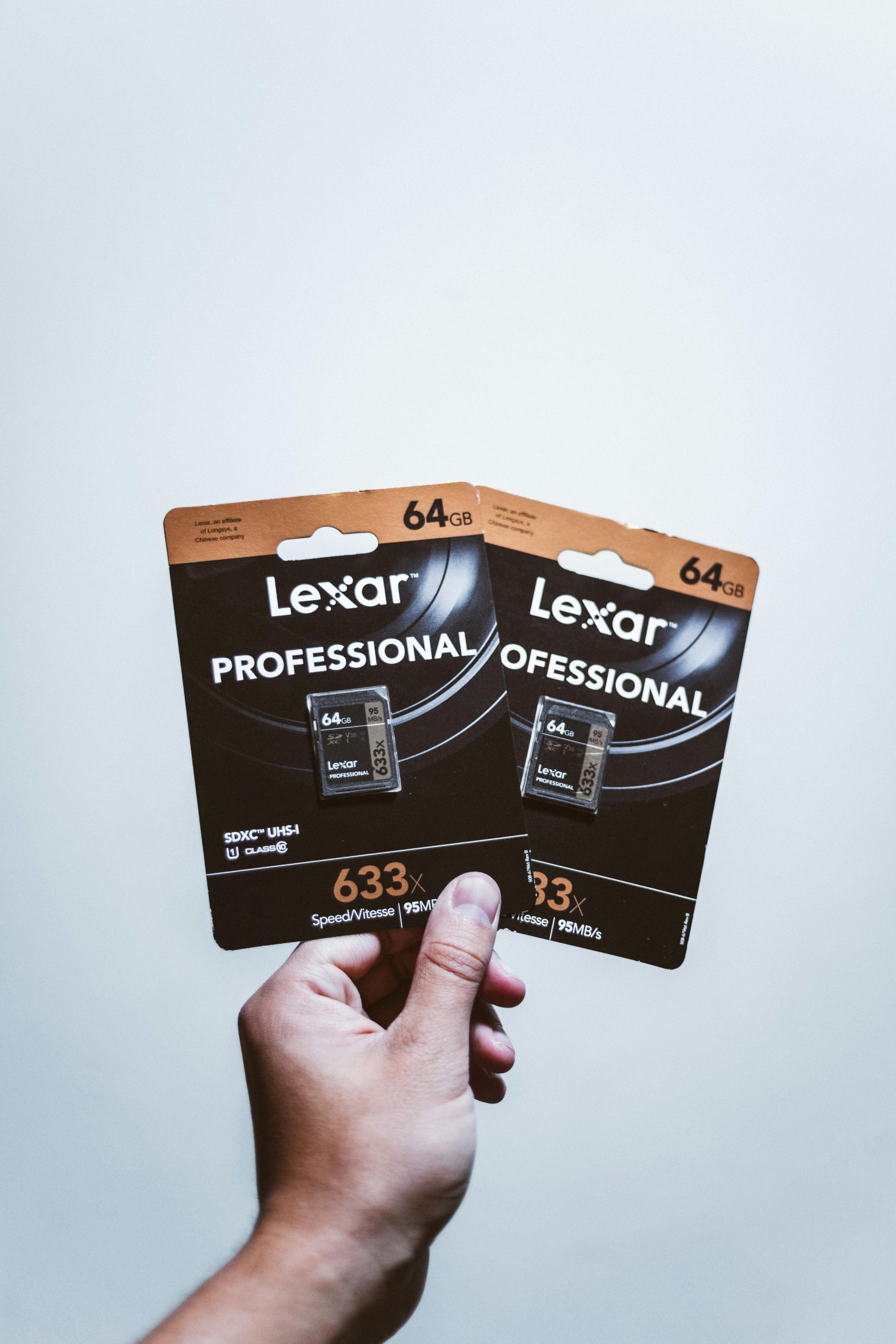Subject: Seeking Advice on a Merge Collision in Florida
I was recently involved in a merging collision in Florida where there were no lane markers available. While I was in stopped traffic at a red light, I entered the roadway and began merging into the left lane. After completing the merge, I was struck by another vehicle.
Due to the halted traffic, I found there wasn’t enough space to align parallel in the new lane, and I was hit while adjusting my position further to the right.
At the time of the collision, I believed I was fully in the new lane; however, I’m unsure if this can be challenged since there were no lane markers approximately 20 feet before or after my position.
Am I at fault for this incident?
Both parties are currently inclined to settle the matter privately to avoid insurance rate increases, but the other party has threatened to file a police report and start an investigation (which could lead to a ticket) unless I pay for their repair deposit. I was initially willing to cover the total cost post-repair but now feel uneasy and consider involving my insurance. I don’t know the full repair costs yet, and the other party’s hostility is prompting me to limit communication.
Would I be held entirely responsible in the eyes of my insurance? Any insights would be appreciated.




In this situation, several factors are at play that could influence who is at fault for the collision and how your insurance company might handle the claim.
Firstly, you mention that you were merging into a lane with no lane markers and that you were fully in the new lane when you were hit. If there are no lane markers, it can complicate determining fault, as it may not clearly indicate the intended traffic flow. However, it’s important to consider that merging requires caution, and both drivers are expected to maintain awareness of their surroundings.
Merging Responsibility: Generally, the driver merging into a lane is responsible for ensuring that the lane is clear and safe to enter. If you moved into the left lane and another vehicle was already occupying that space, you could be deemed at fault for not yielding to that vehicle.
Stopped Traffic: Since you mention that the traffic was stopped at a red light, the other vehicle’s behavior and positioning would also be scrutinized. If they were positioned in a way that suggested they shouldn’t have been moving at the time of the incident, that could impact the allocation of fault.
Police Report and Insurance: The opposing party threatening to file a police report could complicate matters. If they do file a report, law enforcement will investigate and could potentially assign fault based on the available evidence and witness statements. Insurance companies usually rely on police reports to determine fault in accidents.
Settling Out of Pocket: While settling out of pocket may seem appealing to avoid higher insurance costs, it’s essential to be cautious, especially if the other party is becoming hostile. If you pay them without a formal agreement, you could be opening yourself up to future claims or disputes.
Insurance Involvement: If you feel uncomfortable with ongoing communication and the opposing party’s behavior, it may be wise to contact your insurance company. They can provide guidance, help you navigate the situation, and determine any potential liability based on the collected evidence. They can also handle communications with the other party, which can reduce your stress.
Ultimately, whether you would be held completely accountable from the side of insurance depends on the findings of the investigation and any evidence presented. If the other driver is determined to have contributed to the accident or if there are factors that mitigate your liability, that could change your potential responsibility.
In any case, documenting everything, including driving conditions and any other relevant details, will be beneficial moving forward. It may be in your best interest to speak with your insurance agent or a legal professional to get personalized advice based on the specifics of your situation.